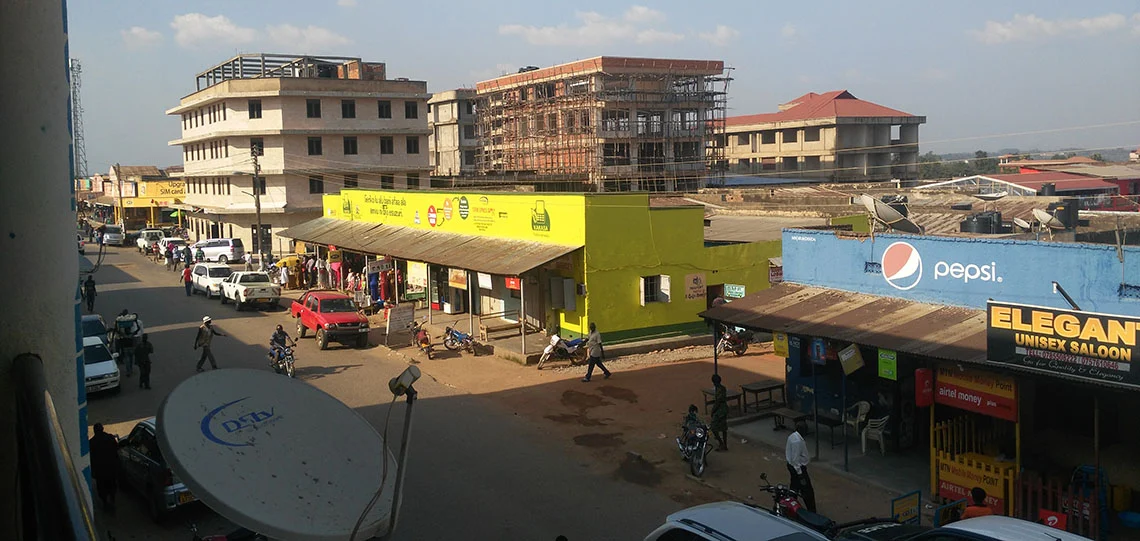Vanilla farmers in Rubirizi District took to the streets on Monday to express their discontent with the persistent decline in vanilla prices within the region. Led by their chairperson, Ssebugwawo Fabian, the farmers highlighted the alarming drop in prices, with a kilogram that once commanded sh30,000 now fetching a mere sh2000-sh5000. In a bid to address their concerns, the farmers are urging the Ministry of Agriculture to intervene by creating viable markets for their crucial cash crop, which has historically been their primary source of income.
Ssebugwawo Fabian, expressing the collective frustration of vanilla farmers, lamented the stark reality that their once lucrative investment is now posing a threat to their livelihoods. With a significant decrease in prices, farmers like Ssebugwawo are grappling with the economic strain, considering removing the crop from their farms, as it is no longer a financially viable option. This sentiment is echoed by Isameli Twinomujuni, another vanilla farmer, who highlighted the growing risk of losing property to banks due to the loans acquired to invest in vanilla cultivation.
The protest in Rubirizi District underscores the broader challenges faced by vanilla farmers, who are grappling with economic uncertainties. The demand for government intervention is fueled by the realization that without timely support, the economic backbone of these farming communities is at risk of collapsing.
Amidst the protest, Sylvia Katushabe, the Katnda sub-county senior agriculture officer, pointed fingers at some district officials, accusing them of creating a market monopoly that adversely affects vanilla prices. This allegation raises concerns about potential market manipulation within the district, further exacerbating the difficulties faced by the already struggling vanilla farmers.
The Ministry of Agriculture is now urged to conduct a thorough investigation into the allegations raised by Sylvia Katushabe, ensuring that any market manipulations are rectified promptly. Additionally, the ministry must collaborate with stakeholders to establish sustainable market structures that protect the interests of the farmers and ensure fair compensation for their hard work.




















